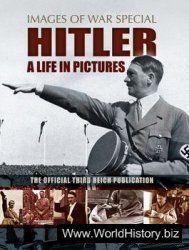In the Iliad the characters constantly refer to other tales about the adventures of Greek heroes, which of course derive from traditional oral stories. Often the tales involve the gods, and might be loosely referred to as myths (see Chapters 3 and 7, by Edmunds and Louden). Among the most prominent are Phoenix’s story of Meleager (9.529-99) and Agamemnon’s of the dispute between Zeus and Hera at the time of the birth of his son Herakles (19.95-133). It is noticeable that the tales are in the mouths of characters, rather than told by the poet himself.
In some instances the handling of such a story appears to be idiosyncratic and even inventive (as happens later in the case of the Athenian tragedians; see Chapter 28, by Garner). The freedom to modify or invent may appear in the tale of Thetis’ aid to Zeus when he was set upon by Hera, Athena, and Poseidon (1.396-406), which is not found elsewhere. Another example occurs in a paradeigma, an example of conduct (good or bad) held up by a character in order to persuade another to a course of action, which is a very common use of a myth. In order to persuade Priam to take a meal, despite his grief at the loss of Hektor and his other sons, Achilles uses a paradeigma, the tale of Niobe (24.60217). Niobe mourning for her slain children was famously inconsolable, her tears still flowing down the rock-face of Mount Sipylus in Asia Minor, but Achilles drastically modifies her tale, in order to make his point, by insisting that she finally consumed a meal.
Despite the constant presence of the gods, there is little of the miraculous in the Iliad except for their occasional removal of a hero from danger, and even less that we would associate with magic. The mighty heroes do not perform grossly superhuman feats, as happens in other epic traditions. The armor made by Hephaestos and worn by Patroklos, Achilles, and Hektor is never said to be invulnerable, though hints that it had this quality remain; Patroklos is stripped of the armor by Apollo before his fatal wound, and Hektor dies from a spear through his unprotected neck. Achilles himself, far from being invulnerable, is constantly pitied for his short life span by his immortal mother.




 World History
World History









